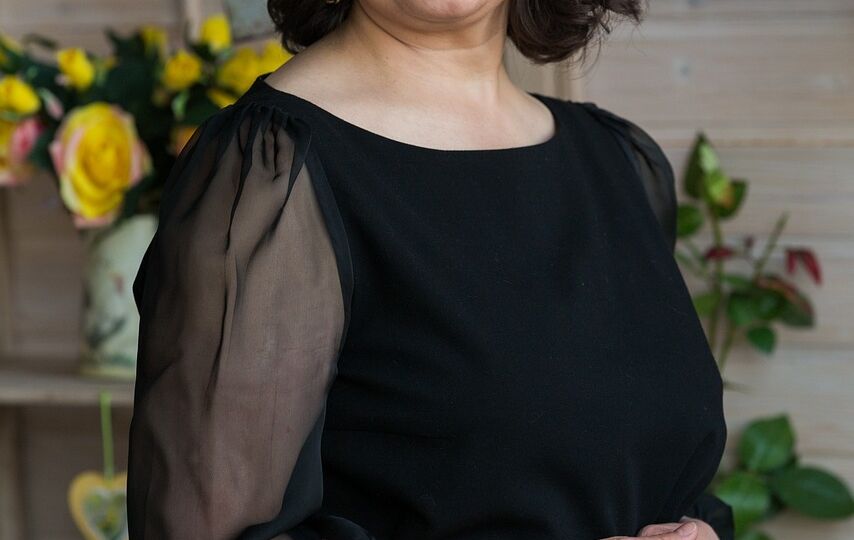
Fertility is a critical aspect of reproductive health influenced by various factors, with age being one of the most significant. Understanding how age impacts fertility can help individuals and couples make informed decisions about family planning. Here, we explore the effect of age on fertility, focusing on how it affects women’s reproductive health.
How Age Affects Fertility in Women and Men
Fertility declines with age for both men and women, though it’s more significant for women because they are born with a limited number of eggs. Let’s explore the specifics of how age affects fertility in females.
How Does Age Affect a Woman’s Fertility?
- Decline in Egg Quantity and Quality: Women start with about 1-2 million eggs, but by puberty, they have around 300,000-400,000. As women age, the number and quality of these eggs decline. By age 30, fertility starts to decrease rapidly, and by 35, the decline becomes even more significant. By age 40, fertility rates drop dramatically due to the reduced number and quality of eggs.
- Increased Risk of Chromosomal Abnormalities: As women age, the risk of chromosomal abnormalities in eggs increases. Older eggs are more likely to have genetic mutations, leading to a higher risk of conditions such as Down syndrome. This risk is a critical factor in age-related fertility decline.
- Hormonal Changes: Hormonal fluctuations are vital in the menstrual cycle and ovulation. As women age, hormonal changes can lead to irregular menstrual cycles, impacting the chances of conception. The levels of estrogen and progesterone, crucial for a healthy pregnancy, also decline with age.
- Higher Miscarriage Rates: The likelihood of miscarriage increases with age. Women over 35 have a higher risk of miscarriage compared to younger women. This increased risk is primarily due to the decline in egg quality and the higher incidence of chromosomal abnormalities.
- Menopause: Menopause marks the end of a woman’s reproductive years. Typically occurring between 45 and 55, menopause signifies the cessation of menstrual cycles and the end of natural fertility.
How Does Age Affect Male Fertility?
While the focus is often on women, it’s essential to note that age can also affect male fertility. Sperm quality and quantity can decline with age, although the impact is generally less significant than in women. Nevertheless, the age of the male partner can contribute to fertility challenges.
Optimizing Fertility Health
Even though fertility naturally declines with age, there are things you can do to stay healthy and improve your chances:
- Healthy Lifestyle: Maintaining a healthy lifestyle is crucial. Regular exercise, a balanced diet, and avoiding smoking and excessive alcohol consumption can positively impact fertility.
- Regular Medical Check-ups: Seeing a fertility specialist regularly can help catch and solve issues early.
- Fertility Treatments: Assisted reproductive technologies (ART), such as in vitro fertilization (IVF) can help individuals and couples facing age-related fertility challenges. Egg freezing is also an option for women who wish to delay childbearing.
- Stress Management: High-stress levels can negatively affect fertility. Stress-reducing techniques such as meditation, yoga, and mindfulness can support overall reproductive health.
Knowing how age impacts fertility helps couples plan their families better. While age-related fertility decline is a natural process, various strategies and treatments are available to support individuals in their journey to parenthood. By maintaining a healthy lifestyle, seeking regular medical advice, and exploring fertility treatments, it is possible to enhance reproductive health and improve the chances of conception.
